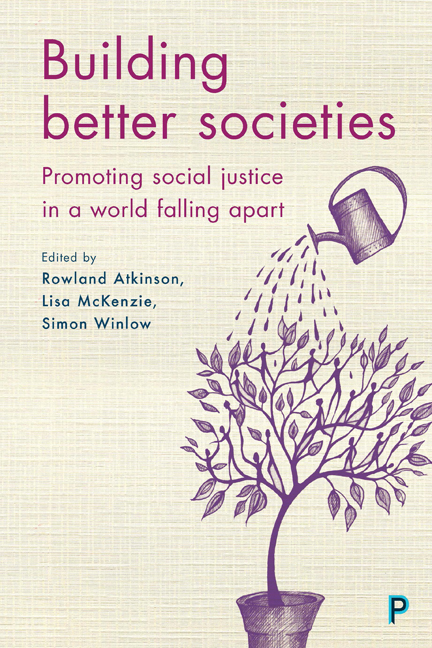Fourteen - The uses of catastrophism
Published online by Cambridge University Press: 05 April 2022
Summary
The long sleep
Let's be honest with ourselves. We face today a broad range of truly monumental problems. It is clear that we remain grossly unprepared for many of the challenges that lie in front of us. Rather than acknowledging their huge scale and interconnectedness, and the hard work and sacrifice needed to overcome them, we tend to display a collective form of what psychoanalysts call ‘fetishistic disavowal’. We know what we would prefer not to know, and so we continue on as if we were, in fact, not in possession of this disturbing knowledge. This knowledge strikes us as too difficult to deal with, too threatening to be faced head on, and so it is disavowed and forced from consciousness. Having convinced ourselves that we do not know of the problems that lie before us, or that we lack the capacity to do anything about them, we are granted leave to blithely stumble onwards with our own lives, absorbed in our own struggles and idiosyncratic preoccupations. We carry only the vague hope that others will act on our behalf, or that some mystical force might intervene to ensure that everything continues to rumble on in the normal manner. Despite the cacophony of criticism levelled at governments and elites, we appear still to have a general faith that those in power have the skills and information needed to guide us on to the best path forward. Given time, we hope, our political elites will see sense, shake off their lethargy and formulate a plan to prevent the various catastrophes that appear to await us in the near future. Let me be absolutely clear about this: they will not. At least, not without being forced to do so.
Let me begin this brief contribution with a preliminary and rather basic observation: if our goal is to rejuvenate the social – to make it real and vibrant to the extent that people are compelled to abandon solipsistic individualism and fight their way free from the prevailing culture of depressive cynicism before once again investing in collective projects, goals and identities – there must be a corresponding rejuvenation of the political.
- Type
- Chapter
- Information
- Building Better SocietiesPromoting Social Justice in a World Falling Apart, pp. 179 - 192Publisher: Bristol University PressPrint publication year: 2017

